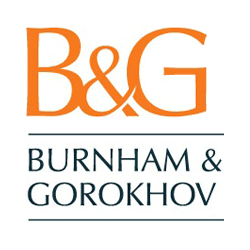A “reverse proffer” is a term used in criminal law, specifically in the context of plea bargaining.
Usually, a proffer session is a meeting between the prosecution and the defense during which the defense offers information in exchange for some sort of leniency or concession in the case. The idea is to “proffer” or offer up some kind of valuable information or evidence to the prosecution.
A “reverse proffer” turns this situation around. In this case, it’s the prosecutors who present evidence or information to the defense. This is typically done in order to convince the defendant that the prosecution’s case is strong and that they should consider accepting a plea deal.
During a reverse proffer:
The prosecutor will present evidence against the defendant. This could include documents, witness statements, physical evidence, electronic records, etc. The idea is to lay out the case that they would present at trial.
The defense team will have a chance to ask questions and discuss the evidence.
Depending on the strength of the evidence, the defense may begin negotiations for a plea deal. Alternatively, a reverse proffer may reveal that the government is mistaken as to the facts, the application of the facts to the law, or both. The defense will then gain insight that may allow them to convince prosecutors not to pursue charges, to negotiate a favorable plea, or to prepare a defense at trial.
Strategic Considerations
In our view, there is hardly ever a reason to turn down a reverse proffer session. After all, why pass up a chance to get a preview of the government’s case? The prosecutors and agents will often reveal a great deal about their trial strategy in an effort to induce a plea bargain and/or cooperation.
However, the strategic considerations may come in to play in deciding how many questions to ask to yourself during the reverse proffer. Defense questions can reveal defense strategies or problems in the prosecution’s case. The government may then be able to fix these problems and/or construct counter strategies. On the other hand, asking questions during the reverse proffer enhances the value of the meeting to the defense. How to balance these competing considerations depends on the facts of the case.
Defendant’s statements
Reverse proffers are often attended by both the lawyer and the client. On the prosecution side, there will be the U.S. Attorney and usually at least one agent, often two or three. Unless there is an agreement that a defendant’s statements will not be used, any statement by the defendant heard by the agents is admissible in court. Therefore, the best practice is to let your lawyer do the talking, subject to the protections of the applicable rules of evidence and federal criminal procedure.

